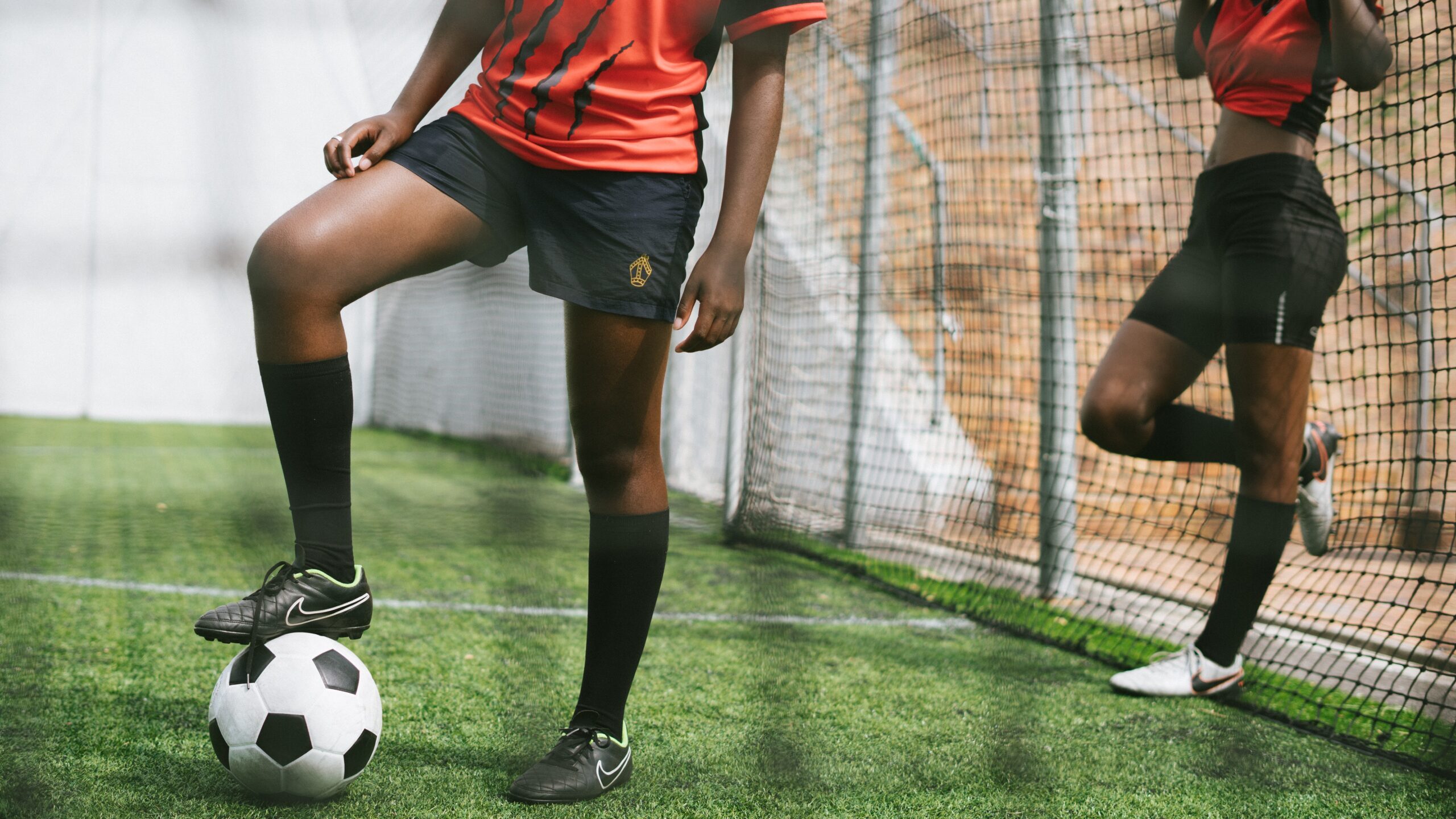The work of University of Louisville Assistant Professor Dr. Ajhanai Keaton is shining some new light on the challenges Black women athletes face over their name, image, and likeness (NIL) deals.
Keaton studies the intersection of race, gender, and organizations. And she detailed some of her latest research regarding Black women and NIL deals to the Minnesota Spokesman-Recorder.
Speaking to the MSR, she referenced high profile former Miami players Haley and Hanna Cavinder and how their NIL experiences have compared to that of Angel Reese.
“We can assume that issues of racism, sexism, and misuse of Black women are still in play,” Keaton said.
“I am thinking about the Cavinder twins in Miami,” said Keaton. “They are good and talented [WBB players] but were not the best in the country.”
But despite not being top in the country, the twin sisters were able to pull in reportedly more than $1.6 million collectively.
Angel Reese as an Outlier
Meanwhile, Reese saw an increase in her NIL value and reach to $1.3 million. This jump came despite her facing criticisms and critiques that would typically negatively affect the opportunities presented to Black women athletes.
“I think Angel Reese is an interesting case study,” said Keaton. “I actually have my doctoral students looking into that matter. This might be an interesting case study on where do all Black women athletes have the freedom to be their authentic selves in the [same] way Angel Reese is being. Right now, I honestly see her as an outlier.”
Keaton went on to explain to the MSR that it is also easy for the personality traits of a player like Reese to then be “co-opted.” Eventually affecting the financial opportunities of Black players.
“I think NIL is not devoid of all of the different issues of racism we see play out capitalistically in the marketplace,” she said. “Given the stereotypes that Black women experience in society, we can’t assume that marketability exists for Black women.”
Keaton’s work comes amid continued conversations around the disparities and imbalance of opportunities that exist for Black athletes pursing NIL deals. Women college athletes have specifically faced some clear challenges around the equity of NIL opportunities when compared to male student athletes.
